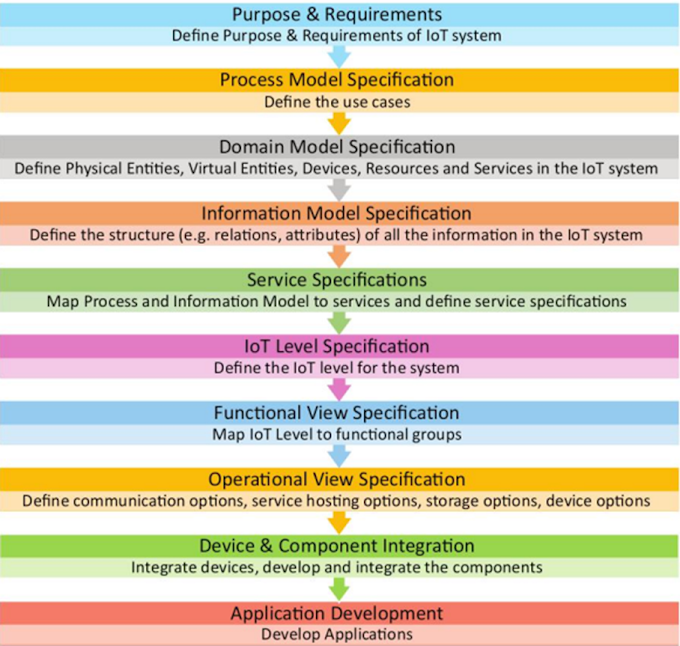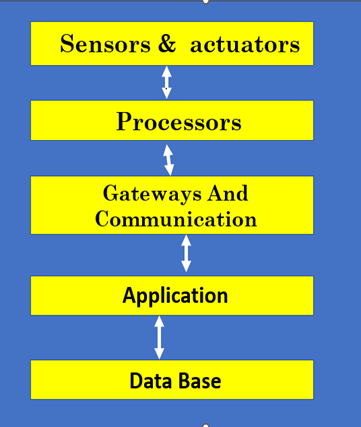Rules for PHP Syntax
The main syntax rules are :
- All the PHP code in a PHP script enclosed
within <?Php and ?> (Canonical PHP tags every expression
in PHP ends with a semicolon ;
- The
default file extension of PHP files is "
.php". - Commenting
PHP code:
.php".- Both single-line and multi-line comments.
- For single-line comments, use
#or//before the comment line. For example,
<?Php
# This is
also a single line comment
// This is a single line comment
?>
For multi-line comments, use /* ... */.
Example:-
<?Php
/*
This
is also a single line comment */ ?>
4. Case Sensitivity
- In PHP, keywords, classes, functions, and user-defined functions are not case-sensitive.
<?Php
Echo
"Hello, World!";
ECHO
"Hello, World!";
?>
Output:-
Hello, World!
Hello, World!
5. All variable names are case-sensitive.
Example:- variable $abc is not the same as $Abc, represent as two different variables in PHP.
6. Curly braces use to define a code block.
<?Php
If($zero == 0)
{
Echo "If code block";
}
?>
5. 7. Constant
is defined by the const keyword or define() function.
6. 8. Dollar
sign($)
symbol used before the variable name.
7. 9. Use only alphanumeric characters and underscores([ a-z0-9_ ]) for variable and
function names. (Never begin a variable or function name with a number).
8. 10. Not
use any Reserved Words name as a variable name.
9. 11. Not require data types before variable declarations this method call Dynamically
Naming Variables.
12. PHP
is insensitive to whitespace. All types of spaces(tabs,
spaces, and carriage returns) are invisible on the screen.
13. Semicolon(;) use for Terminates Lines and Statements.
14. Use the period(.) To concatenate(join
strings or append variable data into strings).
15. Escaping Quote Marks
With Backslash If use double quotes to encapsulate our string must escape any double quotes that need to reside in the string.
16. @ symbol use for Error Suppression Character ( before certain expressions), used to
suppress any error messages that the expression may generate.
===========================================================



0 Comments